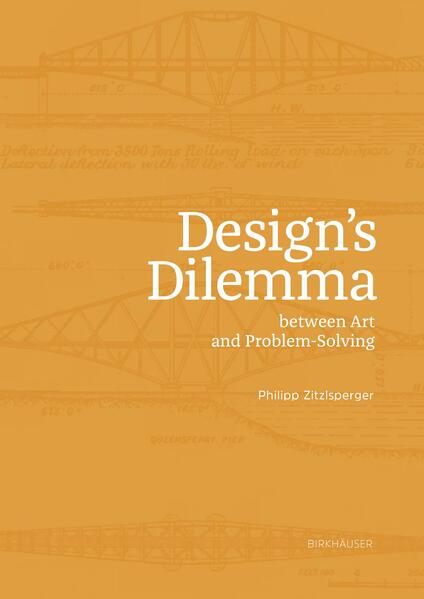Design's Dilemma between Art and Problem-Solving
The design dilemma is based on the historic separation of design and art since the late Middle Ages. It describes the transformation of design from an art discipline to a problem-solving discipline. On the one hand, this great divergence is accompanied by myths that construct opposites of free art and unfree design, of aura and loss of aura, or of distance and touch. On the other hand, the avant-gardes have often invoked the unity of art and design, which museums or marketing also take up again today. In order to better understand design's wandering between art and non-art, its 600-year history of ideas is now traced for the first time in the fields of art and industrial history as well as the philosophy of pragmatism since about 1900. Special attention is paid to the original ideas and their overformation by technicism, capitalism, functionalism or Darwinism. They create the design dilemma that shapes the "attitude" of its actors.
Biographie - Zitzlsperger, Philipp
Philipp Zitzlsperger, University of Innsbruck.| Hauptlesemotive: | Verstehen |
|---|---|
| Produktart: | Taschenbuch |
| Produktform: | Taschenbuch |
Anmelden

